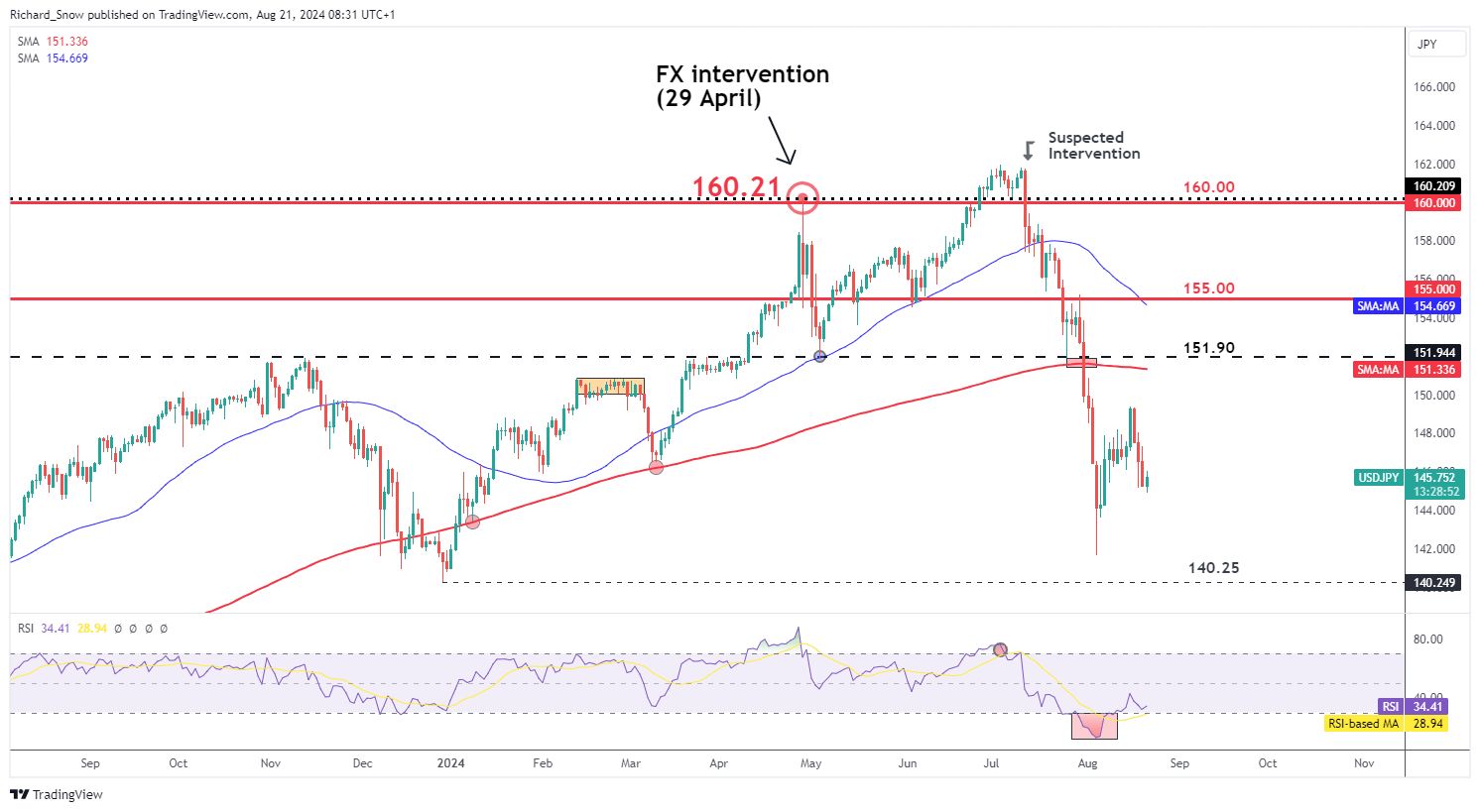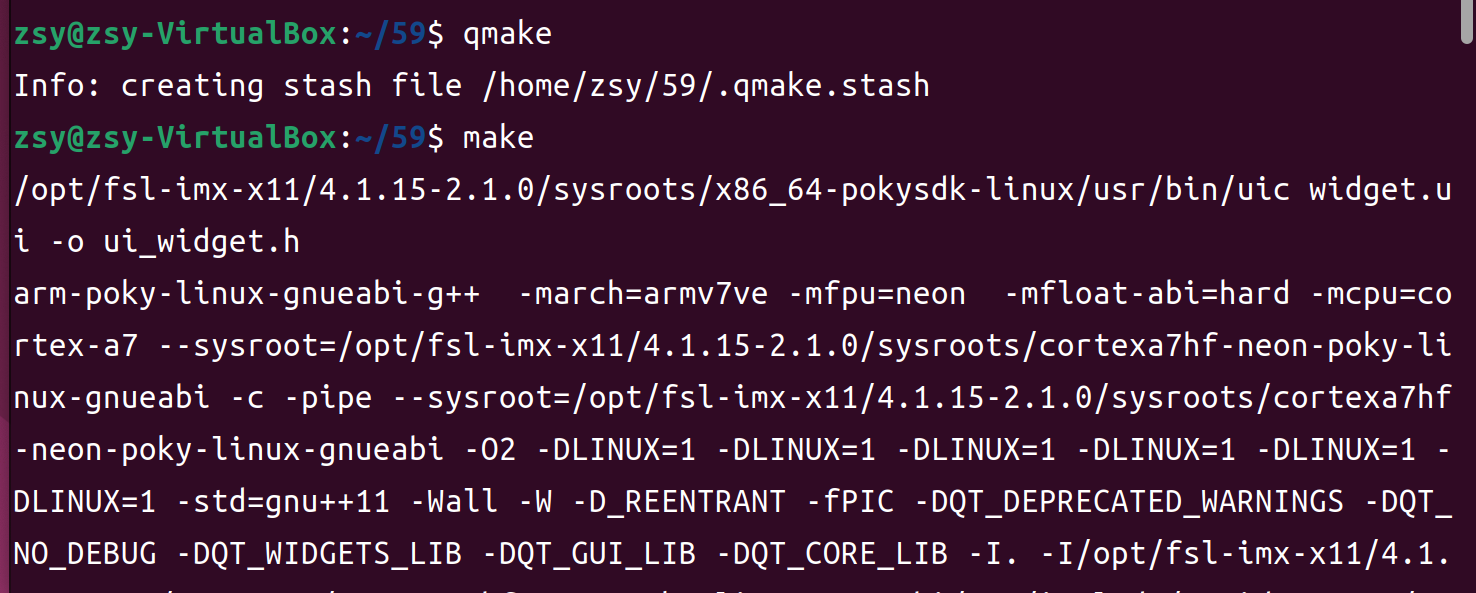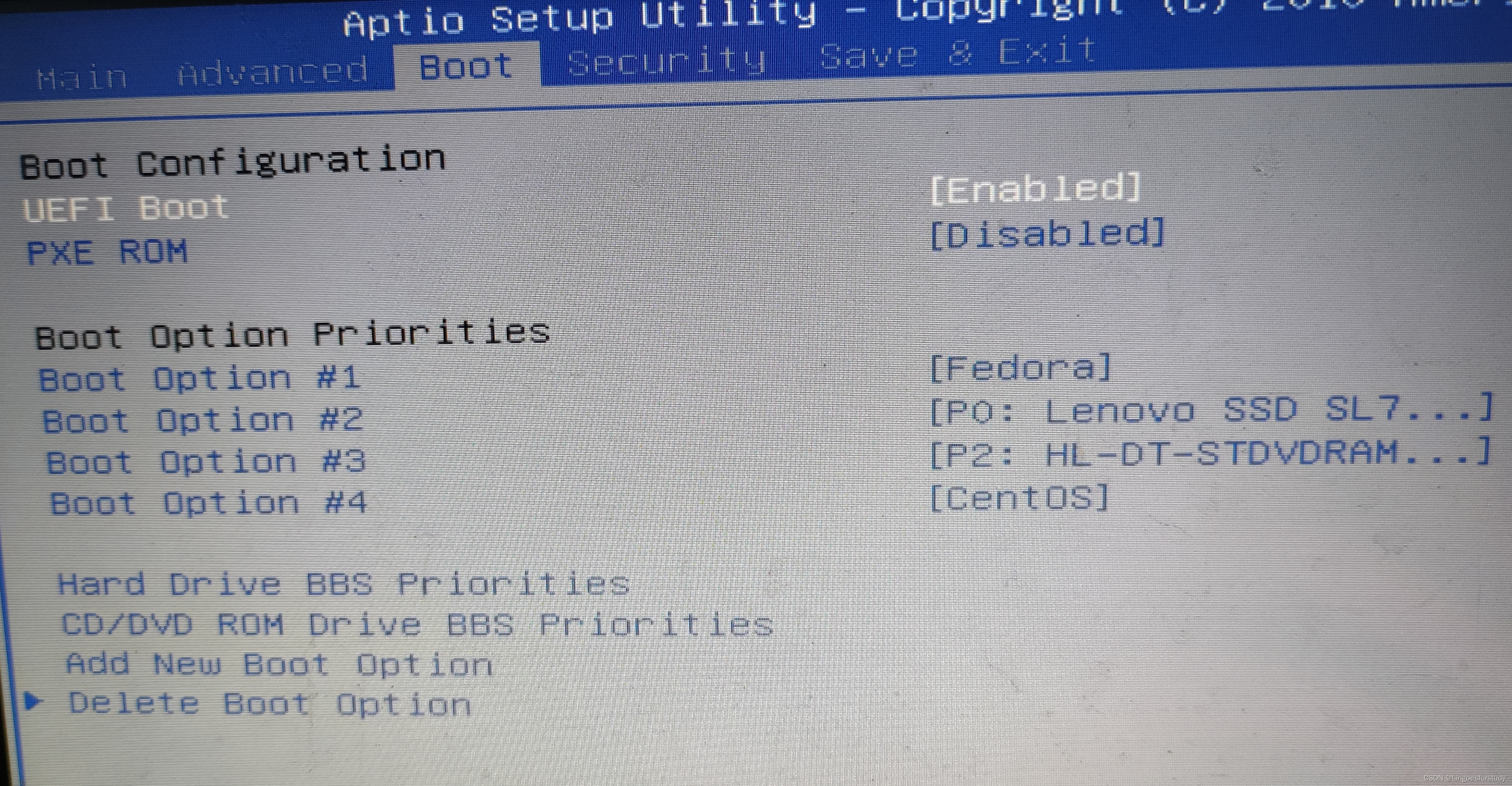🎯要点
- 绘制三次谐波生成透射功率谱、对数对数图表示
- 半导体曲面二次谐波生成,分析判断材料特性
- 谐波均值估计计算边际似然(贝叶斯统计)
- 二次谐波散射分析胶体染料分子结构
- 交流电谐波波形傅立叶分析
- 分析旋转各向异性谐波
- 高次谐波非线性相互作用过程分析
谐波生成导图

通用谐波方程
Python 脚本建模通用谐波方程。请注意,方波仅具有奇次谐波。
y
(
t
)
=
∑
k
=
1
N
+
1
k
−
1
sin
(
2
ω
k
f
t
)
y ( t )=\sum_{k=1}^{ N +1} k^{-1} \sin (2 \omega kft )
y(t)=k=1∑N+1k−1sin(2ωkft)
import matplotlib.pylab as plt
import numpy as np
import argparse
VERSION = '0.2'
def factor(shape, k, i):
if shape == "triangle":
return (1/(k*k) * (-1)**i)
else:
return (1/k)
if __name__ == '__main__':
parser = argparse.ArgumentParser(description='plot harmonics',
epilog='Version: ' + VERSION)
parser.add_argument('-f','--frequency',default=4,type=int, help='specify the frequency',action='store')
parser.add_argument('-n','--harmonics',default=0,type=int, help='specify the number of harmonics',action='store')
parser.add_argument('-t','--type',default='odd',type=str, help='specify the type of harmonics (even, odd, or all)',action='store')
parser.add_argument('-s','--shape',default='square',type=str, help='specify the shaping factor (square, triangle)',action='store')
args = parser.parse_args()
f = args.frequency
if args.type == 'even':
odd = 0
mult = 2
elif args.type == 'odd':
odd = 1
mult = 2
else:
odd = 0
mult = 1
t = np.linspace(0, 1, num=8000)
y = np.zeros(8000)
for i in range(int(args.harmonics)+1):
k = i * mult + odd
yh = factor(args.shape,k,i) * np.sin(2 * np.pi * k * f * t)
y = y + yh
plt.plot(t, y)
plt.xlabel('time')
plt.ylabel('harmonics {0}'.format(args.harmonics))
plt.axis('tight')
plt.show()
print('finished')
脚本命令行参数:
$ python3 harmonic.py -h
usage: harmonics.py [-h] [-f FREQUENCY] [-n HARMONICS] [-t TYPE] [-s SHAPE]
plot harmonics
optional arguments:
-h, --help show this help message and exit
-f FREQUENCY, --frequency FREQUENCY
specify the frequency
-n HARMONICS, --harmonics HARMONICS
specify the number of harmonics
-t TYPE, --type TYPE specify the type of harmonics (even, odd, or all)
-s SHAPE, --shape SHAPE
specify the shaping factor (square, triangle)
生成基波(正弦波)
$ python3 harmonic.py
生成基波(正弦波)+ 2 次谐波。我们可以看到方波正在形成,并带有大的波纹。
$ python3 harmonic.py -n 2
让我们调高谐波,看看我们开始近似理想的方波。
$ python3 harmonic.py -n 1000
产生三角波。请注意,由于谐波的缩放比例不同,方程现在有所不同。
$ python3 harmonic.py -n 1000 -s triangle



















